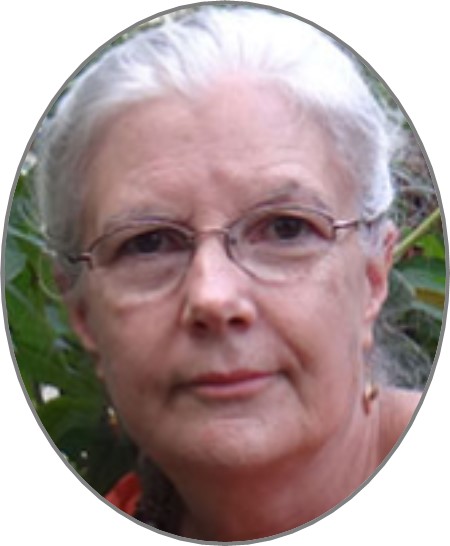Nature and Green Infrastructure: An untapped resource for preventive medicine
Are you interested in learning how health is improved, and healthcare costs reduced when individuals in urban areas engage in nature-based activities? Watch the recorded webinar below.
Recorded Wednesday, August 4, 11:00 a.m. to 12:00 p.m. CDT
Join Northwestern University’s Corporate Engagement team for a webinar on the health impact for people living in urban areas with access to greenspace, led by Professor Terry Horton from the Department of Anthropology, Weinberg College of Arts and Science.
Increasing numbers of research studies document improved health status, including, but not limited to, lower self-reported and objective measures of stress, all-cause mortality, and prevalence of Type 2 Diabetes, for people living near greener urban areas or who engage regularly in nature-based activities. Studies are needed to establish causal links and biological mechanisms for these observations as well as document effectiveness and potential cost savings of nature-based interventions in specific patient populations. This presentation will describe ongoing research at Northwestern University on nature-based interventions.
Speaker

As a human biologist, Terry is an interdisciplinary scientist. She uses the theories and techniques of anthropology, behavioral endocrinology, ecology, evolution, physiology, and psychology to investigate the mechanisms by which organisms, including humans, adapt to their environment. Her early work focused on the neural and endocrine mechanisms that enable animals to survive in the face of environmental change. Upon joining the Evolutionary and Ecological Approaches to Health and Development (E2HD) research group in the Department of Anthropology she transitioned by research program to conduct studies that speak directly to the question of how the environment influences human health and well-being. Her current research uses biomarkers and psychological assessments to test the hypothesis that access to natural landscapes contributes to improved health, wellbeing, and resilience of humans by offering an escape from the stressors of urban life.
Ph.D. Biology – Ecology, Evolution and Organismal Biology. University of Utah
B.S. Zoology. University of Washington
Format
This is an informational webinar with an opportunity for Q&A with the speaker at the end. Participation is encouraged.